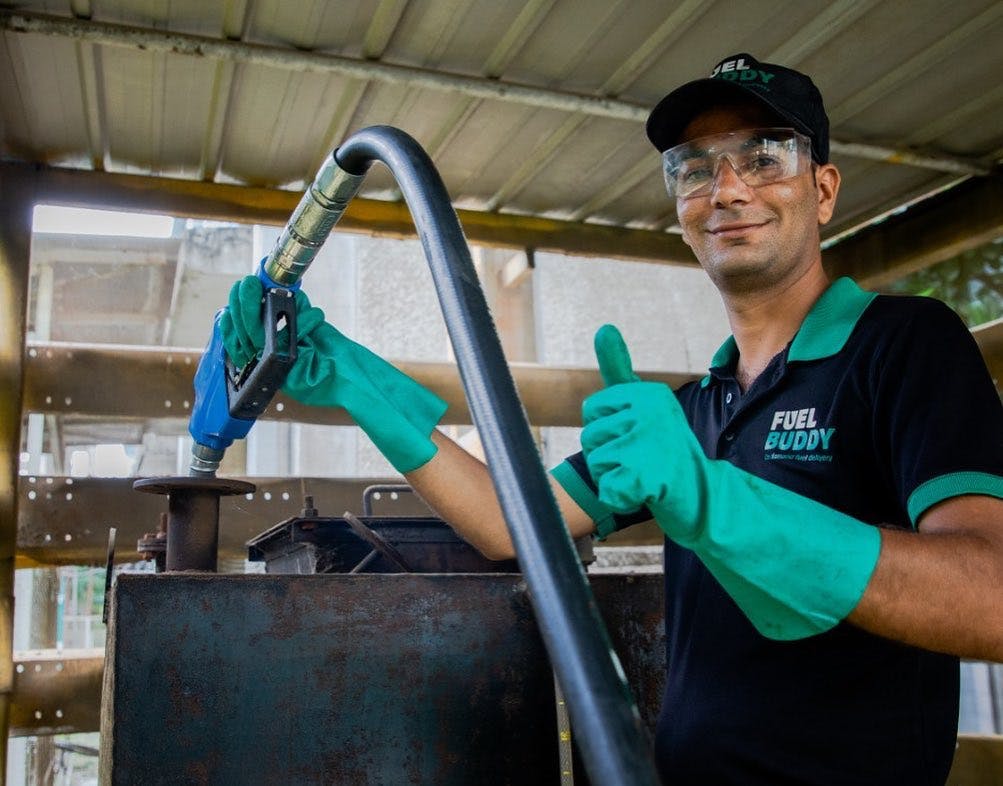The development of digital financial services coincides with an increase in hostile hacker and fraudster attempts to get access to those valued systems, as well as regulatory initiatives to create better safeguards against such abuse. Fourthline, an Amsterdam-based firm, has created a suite of AI-based tools to assist with identity verification, anti-money laundering compliance, and more to help the finance sector fulfil those standards. It is announcing funds of €50 million ($54 million) today to further that technology.
Finch Capital is leading the funding, while the identities of the other investors are undisclosed. Fourthline was founded in 2013, spent five years developing its technology, and launched commercially in 2018. Since then, it has largely expanded on its own, having raised only €70 million to date (including this most recent €50 million infusion).
Its customers include N26, Qonto, Trade Republic, FlatexDEGIRO, Scalable Capital, NN, and Western Union, as well as marketplaces like Wish, and business has grown at an astonishing rate of 80% annually over the past five years. It claims that its technology assists in vetting “millions” of customers annually.
Fourthline is tackling a problem that, in a way, is perfectly suited to artificial intelligence: there are numerous ways for criminal actors to abuse digital financial services, including by stealing data, passing off as someone else, or using other strategies to steal money or shift funds illegally. Humans are undoubtedly a crucial component of the solution to stop that, but the prevalence and rising sophistication of those methods make the problem seem unsolvable. AI-based technologies that detect when something is not as it should be using computer vision, machine learning, and most significantly, enormous data processing, become not only useful but essential.
The current 200 checks in Fourthline’s technique include things like looking at ID documents, deciphering biometric data, checking records for place of residence, checking names against sanction lists, and more. While some of these may be simple database checks, others are more complicated moving targets.
“We’ve invested heavily on the authentication side,” Krik Gunning, the CEO and co-founder of Fourthline, said in an interview. That includes, he said, “looking at ID and passports in different ways.”
It claims that this approach is able to identify 60% more fraud with an accuracy rate of 99.98%.
Many startups already exist to assist fintechs and others in areas like KYC (know your customer) regulation and ID verification, but Gunning noted that the norm is to take a very different approach: companies built out solutions that typically rely on APIs and core technology developed by third parties, which is then customised by the startup. Fourthline has taken the stance that it is preferable to develop its own technology from the ground up using its own proprietary data sets because it is simpler to control and alter, and because it will ultimately result in greater service margins.
“We use our own OCR [optical character recognition] model for the number zone and another for the visual zone, to check if it’s been tampered with, and yes many have that too, but we are then also able to address the flip side of that, which is much harder: to confirm if something is authentic but also pinpoint the reason why it might or might not be so.” This involves deeper investigations of ghost images and being able to understand even the lighting used in creating an image. “We’ve invested a lot to do this.” That is one key reason why it took years for the company to launch a single product.
The business operates with a very organised strategy. Although credit scoring appears to be a relatively adjacent industry, Fourthline will not be pursuing it at this time because there are currently no plans to expand its services beyond KYC, AML, and ID verification. And in a similar vein, this explains why it mainly focuses on the financial industry.
“There are a lot of companies in this space that do a lot with AI but in all honesty it takes a lot of time and investment and knowledge and training before you can get AI models to the level you want,” he said. “The only way you can do it is by focusing. We couldn’t do this for every sector in every region in the world so this is why we do this where we can play a role which is why we focus on financial institutions in Europe.”
Fourthline’s streamlined focus, proven returns, and crucially technology built by its own engineers are examples of what are resonating with investors right now and what is likely seen as a more healthy basis for really growing down the road in a market rife with highly capitalised startups that have struggled to live up to their valuations and growth expectations.
Radboud Vlaar, managing partner of Finch Capital, described it with as much economy as Fourthline has taken with its own approach: “We’re big believers in tackling the compliance challenges in this industry through a focused growth strategy leveraging a platform approach using proprietary technology.”





Leave a Reply